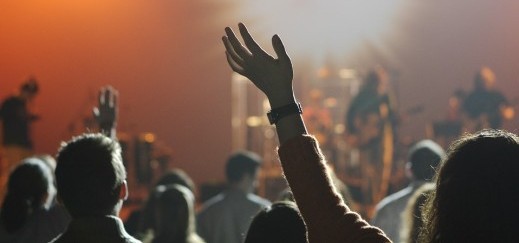There’s a lot of misinformation out there on the subject of event planning. In an effort to separate the facts from the fiction, we’re going to reveal some of the most common event planning myths and misconceptions.
Event Planners and Wedding Planners are the Same
While it’s true that some event planners are also wedding planners (and vise-versa), these are two unique job roles with their own set of duties and responsibilities. Wedding planners focus their attention, strictly on weddings, assisting the bride and groom in turning their vision of a dream wedding into a reality. Event planners, on the other hand, are responsible for coordinating meetings and events, orchestrating all of the little details like audio/visual equipment, sending invitations, preparing media, and negotiating deals with service providers.
Event Planning is a Small Industry
This statement couldn’t be further from the truth. Granted, event planning was once a relatively small and limited industry, but it has since grown substantially over the past decade. According to Forbes, the event planning industry employs more than 1.7 million people in the United States, generating a whopping $458 billion annually. And the Bureau of Labor Statistics (BLS) projects the event planning industry to grow by 10% annually, which is 3% faster than the average growth rate across all U.S. occupations.
Event Planners Spend All of Their Time Partying
Ask any seasoned event planner and he or she will probably agree: event planning is a lot of work with little time to “party.” From scouting prospective venues to hiring catering companies, photographers, entertainment and more, professional event planners rarely slow down. And even after the event begins, they are still working to ensure everything is running smoothly and as intended.
Event Planning is a Part-Time Job
Although there are exceptions to this rule, most event planners work full time. They are the “go to” person of contact for virtually everything pertaining to an event. If someone has a question or concern about the event, they’ll probably call the event planner. As such, event planners must make themselves readily available, both before, during and even after the event.
Event Planners Only Work Large Events
Event planners work a wide range of events, including those big and small. Wikipedia even states the following: “The events industry now includes events of all sizes from the Olympics down to business breakfast meetings.” When a company hires an event planner, the planner rarely questions the size of the job.
